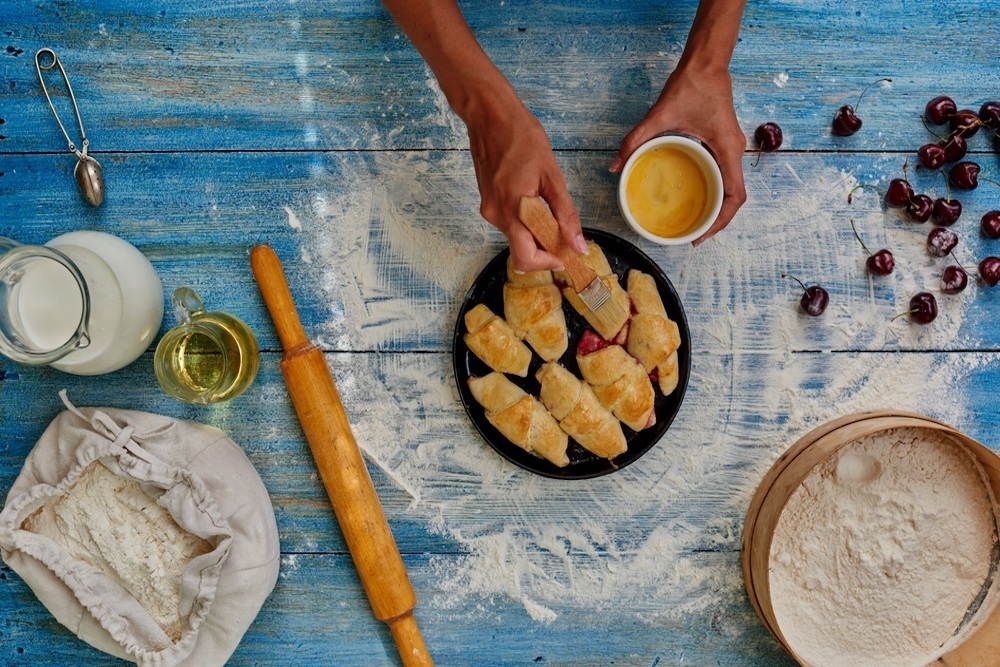Loosening restrictions on home baking and other domestic food making is an issue that unites both sides of the political spectrum, according to an advocacy group that pushes for fewer restrictions.
Typically speaking, the right believes in individual freedoms and markets, while the left supports fresh, locally produced food.
“It is one of those issues getting a lot of support from both the left and right,” Paul Avelar, a senior attorney with the Institute for Justice in Arizona, said. “The situation in Arizona is that home baking goods are legal to sell with some limitations, and as long as the person has a food handler’s license and registers with the state. In effect, you are allowed to make and sell cookies, breads, but not a lot of pies.”
Avelar looks to Wyoming as a model for a better system.
“The gold standard is Wyoming, which has probably the most liberal law on the books for the kinds of foods they have and how they can be sold,” he said.
Arizona’s laws could be made better, Avelar argued, citing the example of tamale, which is technically illegal to sell if homemade, even though the practice is widespread.
“It’s certainly better than New Jersey and Wisconsin,” he said.
Avelar's organization, a free market advocacy group, is already suing Wisconsin over its laws.
Laws governing the sale of homemade goods vary from state to state, from light-touch restrictions to outright bans in New Jersey and Wisconsin.
In an op-ed piece published by the Wall Street Journal, Americans For Prosperity State Director Erica Jedynak and Heather Russinko, who wants to sell her home-baked goods, argued for New Jersey to lift its ban.
State law forbids the sale of homemade baked goods. Bakers can work legally only in industrial kitchens, which cost upward of $15,000.
Russinko, to help cover her bills, wants to make extra money and start a college fund for her son. That’s when she learned about the ban.
The authors said they “have talked to hundreds of New Jerseyans who want to supplement their income by selling a batch of grandma’s famous cookies.”
Although many representatives do support lifting the ban, legislation has foundered in the New Jersey Senate, largely because of the opposition of Sen. Joseph Vitale, chairman of the Health and Human Services Committee, according to the authors of the Wall Street Journal op-ed.
Arizona has one of the most successful cottage food programs of any state, with over 5,500 business registered as of October 2016.
This success is in large part because Arizona has a very good cottage food law, which continually gets supported and promoted by the health department, according to Forrager, an information service which also advocates for loosening the laws around home baking and other food making.
Arizona still has room for improvement, too. Some common items allowed in other states, like jams and jellies, are not allowed in Arizona.
“Although this law is very flexible, it only allows producers to sell baked or confectionery goods,” according to the site.
Otherwise, producers can sell at any venue within the state, there is no sales limit and getting started is relatively simple. The online registration process is very easy and free, and most producers need to get a food handler card before starting their business.
Approximately half of these registered businesses are in Maricopa County, which is the only county that restricts these operations from selling to food establishments, such as retail stores and restaurants.

